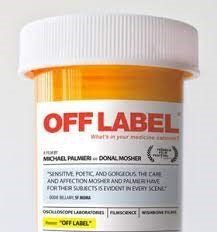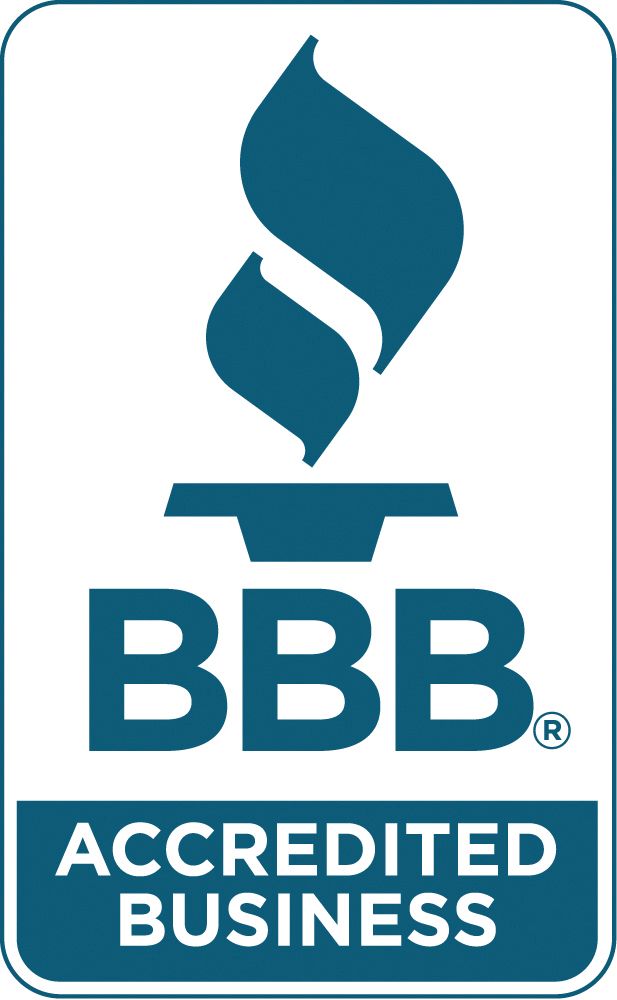Off-Label Prescribing of Psychotropic Medications
Psychotropic medications can be used in an off-label prescription, but the psychiatrist’s lack of clinical knowledge on the medication may not justify the possible clinical benefit.

Off-label prescribing of psychotropic medications has become a common practice among children and adolescents in mental health. In a study conducted in Denmark, “32.3% of all prescriptions were off-label, and 41.6% of subjects received at least 1 off-label prescription. The off-label rates for each drug class were as follows: melatonin, 100%; antipsychotic agents, 95.6%; benzodiazepines, 72.5%; antidepressants, 51.1%; and ADHD medication, 2.7%.” While most medications match the diagnosis and behaviors, this is not always the case. Frequently, psychiatrists may treat youth with an off-label medication. Yet the youth, caregiver, and others may not understand the implications of their prescription.
What is off-label prescribing of psychotropic medications and how does it affect youths? The definition of an off-label prescription is that the psychiatrist uses the drug for a reason for which it was not clinically tested. For example, when pharmaceutical companies get FDA approval for medicines, they state the medication’s purpose. Examples are Adderall for attention problems, Lexapro for depression, or Lithium for bipolar disorder. Several phases of clinical trials occur to prove the drug is both safe and effective for the stated purpose. After approval, the drug is ready for a prescription.
But suppose a psychiatrist sees a paper in a journal that explains the effectiveness of a drug for another purpose. Or the pharmaceutical rep who visits their office gives them a brochure about new uses for the drug. The psychiatrist can use that drug for something else if they feel it is effective.
So is off-label prescribing of psychotropic medications helpful to clients?
The reason many psychiatrists use off-label prescribing is the time and expense of approval for an additional purpose. The pros to it are that psychiatrists in clinical practice may see treatments that pharmaceutical companies cannot. They’re “closer to the action” and know which medications work and which don’t. They can use medications now instead of waiting years for the FDA approval.
The cons are that without the rigor of clinical trials, psychiatrists don’t know the safety or effectiveness of medications or have the clinical knowledge of the medication. And many psychiatrists receive information about medications from pharmaceutical representatives, not from medical journals.
What is the final answer regarding off-label prescribing of psychotropic medications? Tell your caregivers to be informed, ask about off-label prescriptions and their effectiveness, and get second opinions if they’re not sure. They can work, but it’s best to have some hard data first.
Praxes offers an online course in psychotropic medications.
For more information about our training courses, please contact us.




